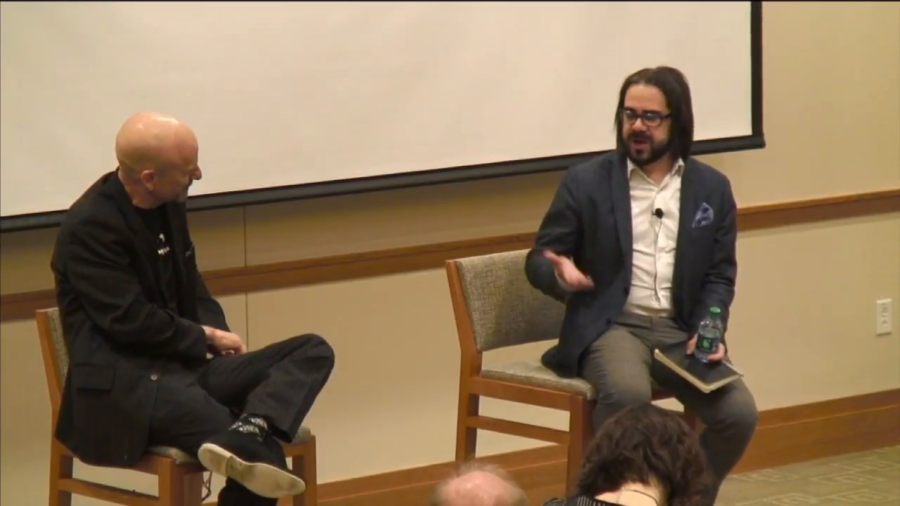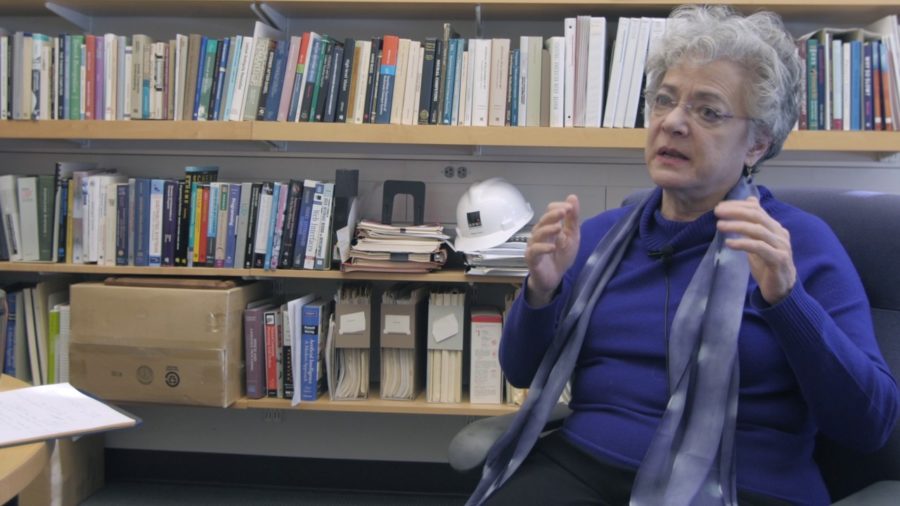In this moment that we’re in today with technology, where we’re I think shifting finally into a mode where it’s possible to be critical without getting sneered at, if we kind of look back at the…I don’t know, the optimistic aspirationalism that we’ve been using to encounter technology in the broadest sense, and we look back on those moments of the recent past or even the distant past, we can see how we knew how things were going to turn out, actually. We just weren’t paying them heed.
Archive (Page 1 of 2)

What I want to tell you is that in 2050 we don’t even have waste anymore. There will be no waste in 2050. Everything will be seen as a treasure, because we will have created what some smart people call a circular economy.
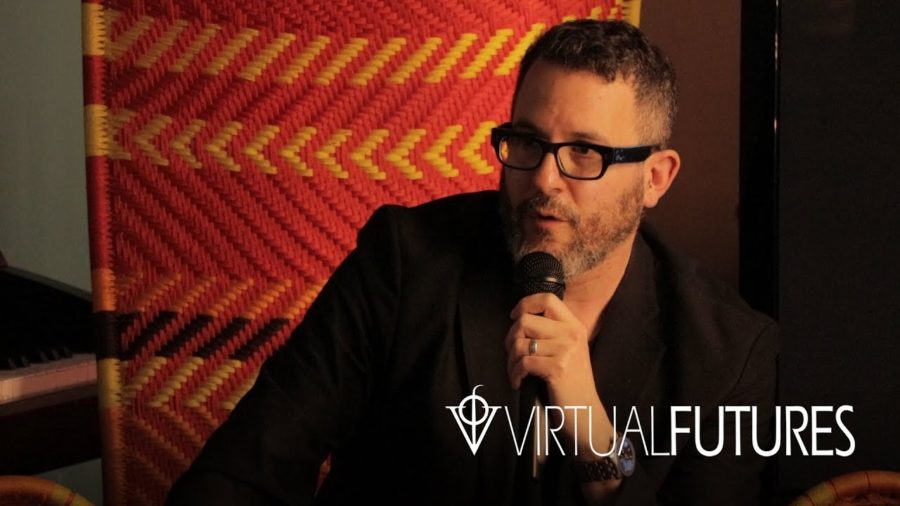
I am profoundly envious of people who get to write about settled domains or sort of settled states of affairs in human events. For me, I was dealing with a set of technologies which are either recently emerged or still in the process of emerging. And so it was a continual Red Queen’s race to keep up with these things as they announce themselves to us and try and wrap my head around them, understand what it was that they were proposing, understand what their effects were when deployed in the world.
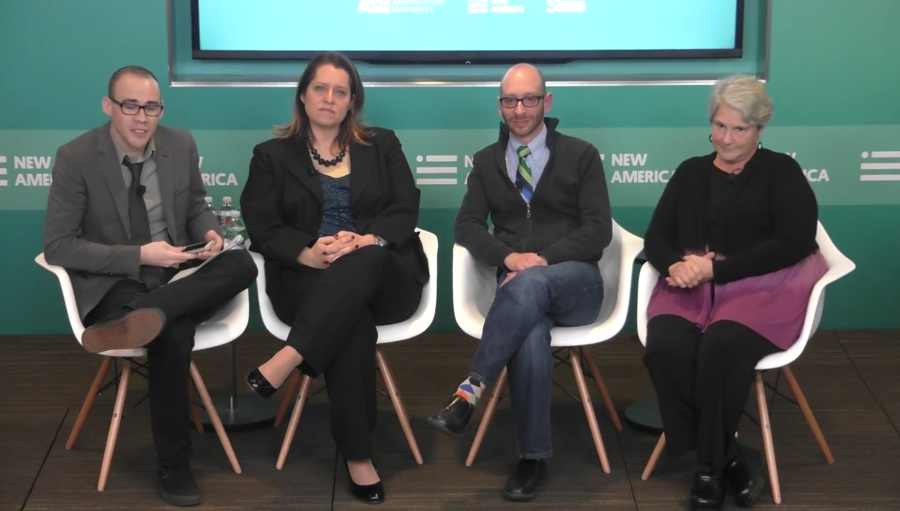
Victor’s sin wasn’t in being too ambitious, not necessarily in playing God. It was in failing to care for the being he created, failing to take responsibility and to provide the creature what it needed to thrive, to reach its potential, to be a positive development for society instead of a disaster.
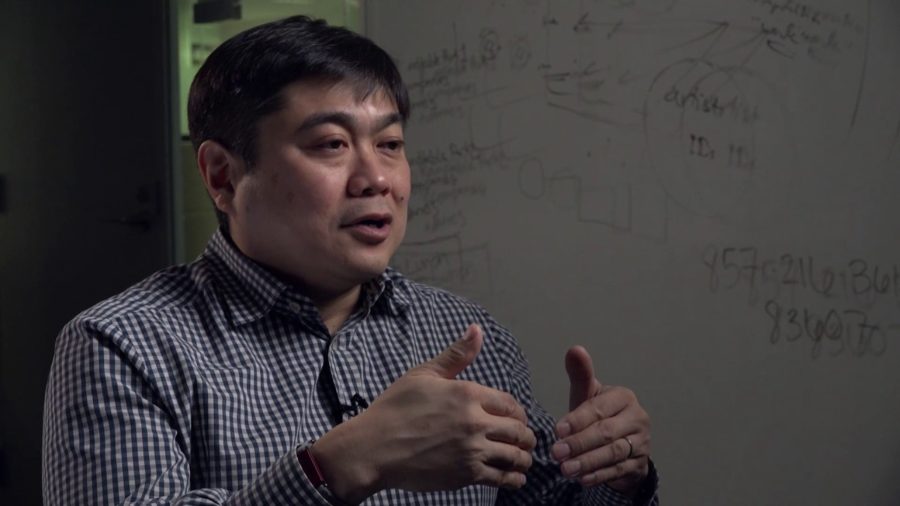
Machine learning systems that we have today have become so powerful and are being introduced into everything from self-driving cars, to predictive policing, to assisting judges, to producing your news feed on Facebook on what you ought to see. And they have a lot of societal impacts. But they’re very difficult to audit.
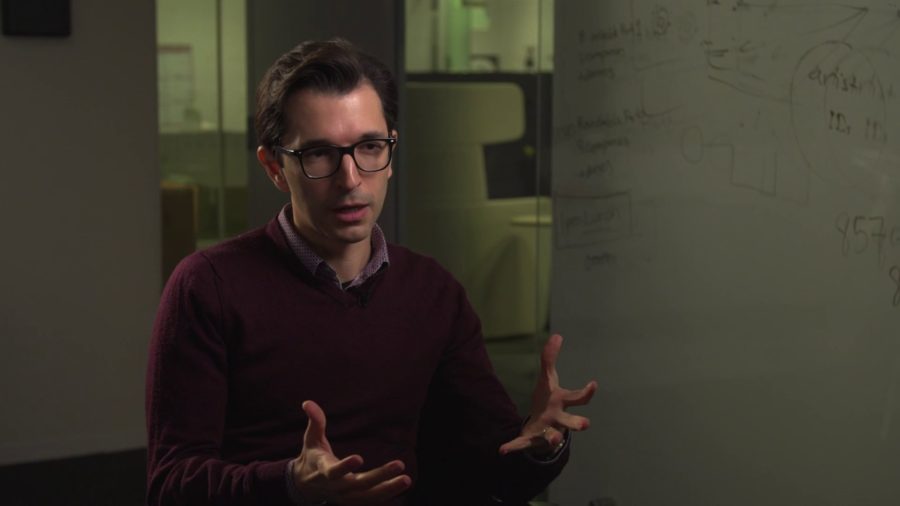
Some of the long-term challenges are very hypothetical—we don’t really know if they will ever materialize in this way. But in the short term I think AI poses some regulatory challenges for society.
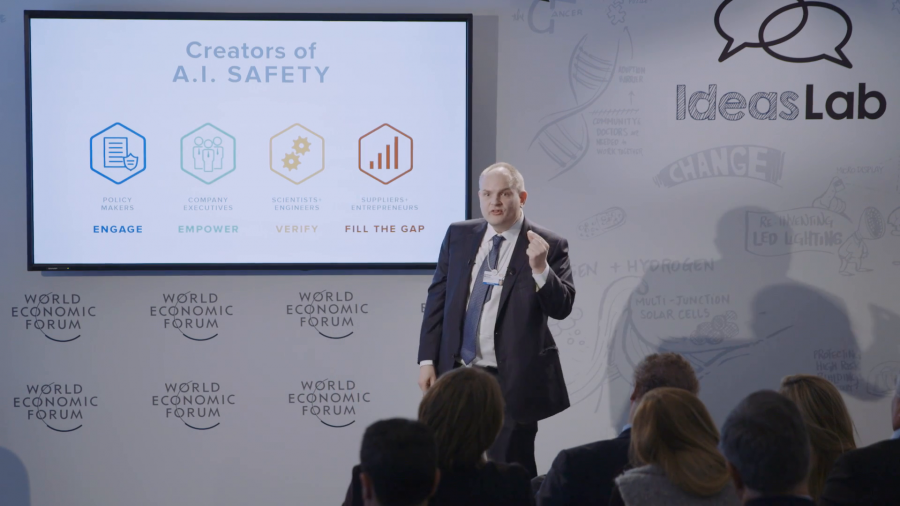
We’ve been building autonomous vehicles for about twenty-five years, and now that the technology has become adopted much more broadly and is on the brink of being deployed, our earnest faculty who’ve been looking at it are now really interested in questions like, a car suddenly realizes an emergency, an animal has just jumped out at it. There’s going to be a crash in one second from now. Human nervous system can’t deal with that fast enough. What should the car do?

The idea of putting a robot simulator inside a robot, well, it’s not a new idea but it’s tricky and very few people have pulled it off. In fact, it takes a bit of getting your head round. The robot needs to have, inside itself, a simulation of itself and its environment, and others in its environment. And running in real-time as well.

